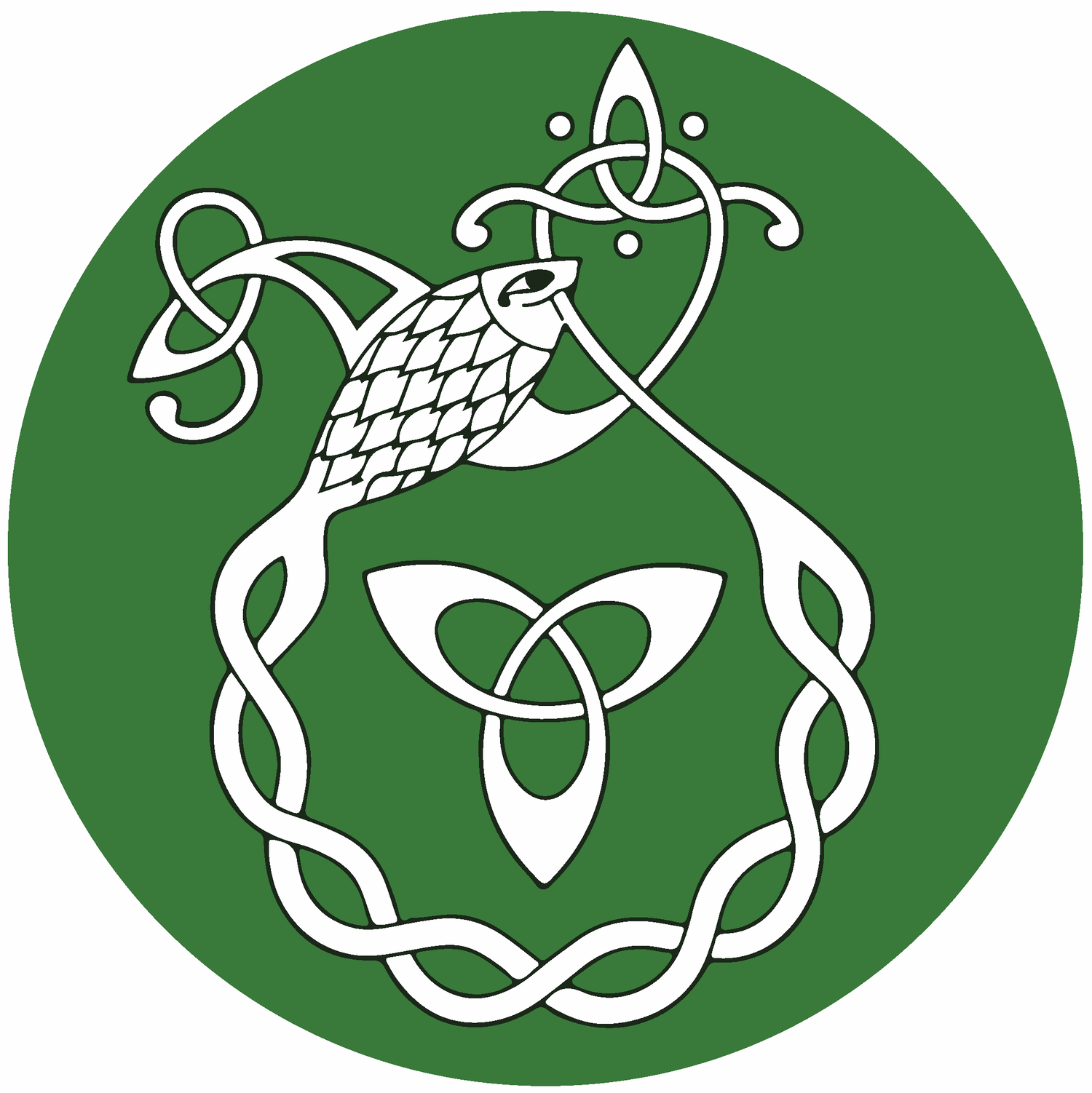A Ghaeilic Mhín, Mhilis! (1860)
Collected by Tomás Ua Baíghell in South Gloucester, Ontario
Father Tomás Ua Baíghell was not only a devoted priest but also a poet with a deep appreciation for Irish literature and culture. His contributions to the preservation of Ontario’s Irish poetry are noteworthy, through his own frequent submissions to American newspapers. He also contributed by collecting compositions from another local poet in his parish south of Ottawa. Father Ua Baíghell recognized the value of these songs and sent them in for publication to The Irish-American (newspaper), writing:
“These stanzas, together with an original air, have been composed by a genius, an exile of Erin, residing in this part of the world. I have reduced his effusion to writing, and attempted an English version, for which , should you think the original worthy of publication, you could, perhaps, find a substitute.”(1)
Interestingly, the editors raised the possibility that Father Ua Baíghell might have been the actual author of these compositions. They noticed similarities in style and thematic elements between these poems and Father Ua Baíghell's own work, such as the use of mythological references. However, there is little reason to suspect that Father Ua Baíghell would falsely attribute these poems to another poet, other than to suggest wider use of his unique spelling system. His reputation as a devout priest and his dedication to preserving Irish culture make it equally likely that he was acting with honesty and integrity in his efforts to share these poems with a wider audience, writing them in his own spelling for someone who was unable to write. In either case, it is clear that Thomás did not want to be named author of this piece.
Ua Baíghell noted this was sung to an air, but what that air was is no longer known.
A Ghaeilic mhín mhilis! a bhinnghuth na hÉireann!
Nach brónach faoi theidhm thú! nach sochtach, nach cian!
Do ghlórtha caoinbhlasta, ní ghabhann ach saorfhonn
‘S tú Oisín go haonrach, tráth théarnaigh an Fhiann
Ar bhéarla bán allúrach, thréig do chlann féin thu,
Ó treascradh sliocht tréanmar Uí Dhomhnaill ‘s Uí Néill
Le Gael bocht i ndeoraíocht luaitear do chéinchlú
Is allabhair lag, faon é, ar shliocht File Gael!
Oh smooth, gentle Gaelic! Oh melodious voice of Ireland!
Aren’t you sorrowful under pestilence! Isn’t it deeply emotional, isn’t it sad!
Your delicate voices, not reciting but songs of freedom
And you are Oisín left alone, when the Fenians came to an end,
Upon blank foreign English, your own children abandoned you,
Since the overthrow of the powerful line of Ó Domhnaill and Ó Néill
With the poor Gael in exile your renown is stated
It is a weak and faint echo on the descendants of the poets of the Gaels!
Mar naomhthaise iomlán faoi cumhdach ‘na mionndhearc
Tá fós ár ndílGhaeilic gan mhilleadh, gan mheath,
Ag feitheadh ar shaoirse na hÉireann le beo-shearc,
Go n-éireoidh go nua-sean, le réim agus rath
In úrshnua na coille, faoi rua-bhinn a’ tsléibhe,
Tá anam na Gaeilge síor-rith, ag síorfhás
Tá clóite ngné Fódhla, mar tá lár mo chléibhe
Ní dual Gaeilig Éireann fáil broide ná báis!
As an unharmed saintly relic protected in its reliquary
Still our loyal Gaelic is without destruction, without decline,
Waiting hopefully for the freedom of Ireland with lively affection,
Until it will arise anew and ancient, with authority and prosperity
In the fresh complexion of the woods, under the red peak of the mountain,
Is the soul of Gaelic is ever flowing, ever growing
Are the forms of the people of Ireland, as is the heart in my breast
It is not fated for the Gaelic of Ireland to get only misery and death!
Is fós, a ghlóir ionúin, shruith Gael is chrích Fódhla,
Á múcfaí go meabhlach, á bhfealladh do chlann,
Nach gaolmhar ceol d’éanlaith is foghar sruth’ ag seoladh
Is dar mo chroí ‘stigh, ní chanfaidh mo bhéal ach do rann!
Clann Lir is gach síchuideacht uasal Fhoinn Eilce
Faoi gach loch, faoi gach cuan, i ngach lios, i ngach ráth,
Ina gcomhdháil, ina gcomhrá, séimh, suairc, is guth Gaeilge,
Ligeann fúinní ar ghaoith, mar thig cúmhracht ó bhláth!
And still, dear venerable language of the Gael and of the land of Ireland,
Is being disgracefully extinguished, being betrayed by your children,
Isn’t it akin to the music of birds and the sound of a stream flowing
And by the heart in my chest, my mouth will not sing but your songs!
The Children of Lir and each noble fairy-host of the Land of Ireland
About every lake, about every harbour, in every fairy-mound, in every ring fort,
In their meetings, in their conversations, gentle, pleasing, is a Gaelic voice,
Being cast about us on the wind, as comes the fragrance from a flower!
For citation, please use: Unknown. 1860. “A Ghaeilic Mhín Mhilis!” Ó Dubhghaill, Dónall. 2024. Na Gaeil san Áit Ró-Fhuar. Gaeltacht an Oileáin Úir: www.gaeilge.ca
Adapted from (and source for footnote 1): The Irish American. 1860 (28 Apr). New York: Lynch, Cole & Co. See the original here.
This poem was very nearly lost and a single microfilm copy of this newspaper issue now exists. It was located, after significant searching, only due to the invaluable doctoral thesis: Knight, Matthew Thomas. 2021. “"Our Gaelic Department": The Irish-Language Column in the New York Irish-American, 1857-1896”. Dissertation. Harvard University Graduate School of Arts and Sciences.
